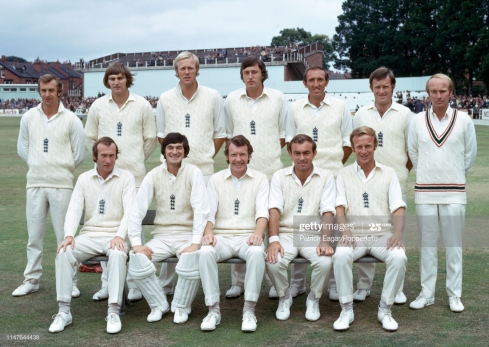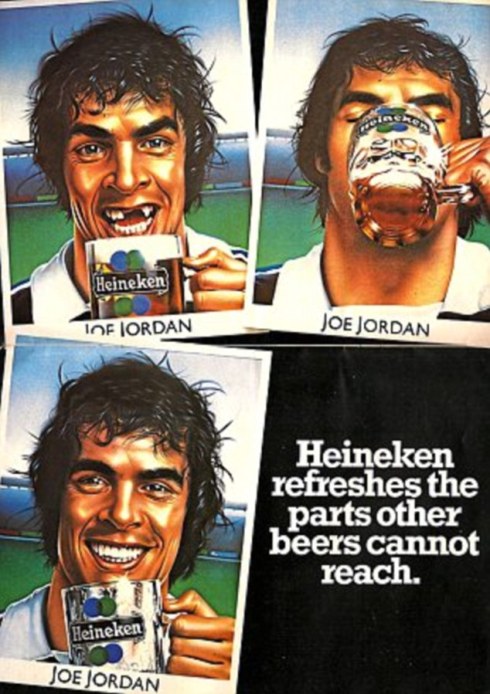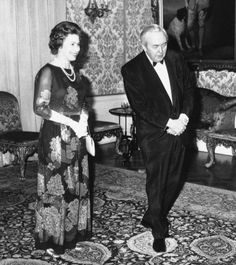Theres a lazy narrative that lives amongst us and will no doubt be cast around by many over the coming weeks as the UK gets ready for its Referendum on being in the European Union. Its something more than nostalgia for the 70’s, it’s that we in essence own, or are sold, a very narrow view of the 70’s. The European Union referendum will become nothing more than a rerun of an event that happened to Harold Wilson. A Prime Minister with a whiff of scandal, whose got limited time left in office, a slender majority, presenting a negotiation that is really pretty weak, it’s a short-term distraction for the underlying issues, which go on to rip the party apart, repeat to fade.
Last years UK Election threw up similar patterns. There was going to be chaos and uncertainty, it was all going to be 1974 again. Despite legislative changes we were certainly going to see another election in months, Milliband was Wilson or Heath The SNP were the SNP, it’s all chaos , no one wanted to be Jeremy Thorpe but ah well. Then the result came in and we quickly had to get al 1992 again. It was of course just like 2015, but we love to own the definition of our recent past.
The established 70’s narrative runs as Heath as Mr Punch, Wilson as Judy ( Then Callaghan ), Thatcher’s the policeman, the Unions are crocodiles, flash up some pictures of striking bin men and Punks then we can get onto the 80s when we were all saved.
Medhurst addresses some of this gloss in his excellent short book on 1974-76. Socialism was still a viable vehicle for the Labour party, Unions and a myriad of other groups and people as well. What stands out isn’t that thousands of workers stopped work to demand a shipbuilder remain open, but that the Government ploughed on, missing the vision that was contained in some of the alternative economic strategies and the workers carried on. These weren’t groups trying to sustain lame ducks but trying to sustain industry. This all gets airbrushed out with pictures of Tony Benn as a swivel eyed loon( whatever one of those is). Jimmy Reid comes across more of a Gandhi than Lenin figure, but you’d never get that from most accounts.
Like other European countries, Italy in particular, the secret state was trying to establish itself. MI5 were acting as lone agents during Britain’s own years of lead. Civil society comes under immense pressure from a sinister right-wing cabal. As in many other times Northern Ireland showed how the British secret state chose to operate with subversion, terror, complicity and underhand behaviour.
The attempts to establish alternative ownership and industrial models were a key challenge not only between the Government and the Civil service/Industrialist/the media but also within the Labour movement and party. The power of the Treasury was aimed to achieve one thing – right-wing economic liberalism. Benn and Foot were tarnished by the right wing media through this process, by claims they wanted to establish something like Allende’s Chile in Britain. Allende it is often forgotten was democratically elected. While the Conservative party supported and continue(d) to support Pinochet whose Coup was clearly an affront to Democracy, seemed to be unremarkably controversial to the media( and remains so to this day ). Even more confusing the story quoted by Medhurst was written in the Daily Express by Walter Terry who was the lover of Harold Wilsons political secretary Marcia Williams.
Of course this about much more than the Alternative Economic Strategy. Medhurst provides excellent context to the period but not by quoting old episodes of the good life. Many of the socio-political ideas that were developing then did find some form of survival, even if it was in a different form.
Medhurst shows the juxtaposition between 2016 and 1975 on the Referendum, one missing from contemporary narrative. The pro EEC campaign was favoured by all corporate interests, funded by the banks and gushed over by the media. You can do your own compare and contrast. The EEC referendum did provide Wilson with one last wind in his sails, he in effect sacked Benn and let Healey carry monetarism forward. When the IMF crises came, his wonky Treasury numbers brought us Austerity and things have been cyclical around austerity and sugar ever since.
What can contemporary left leaders learn from this , perhaps its the need for hegemonic revolution, perhaps not. I personally still have a desire to write my own book on the 70s though this book has made my task a little harder !









